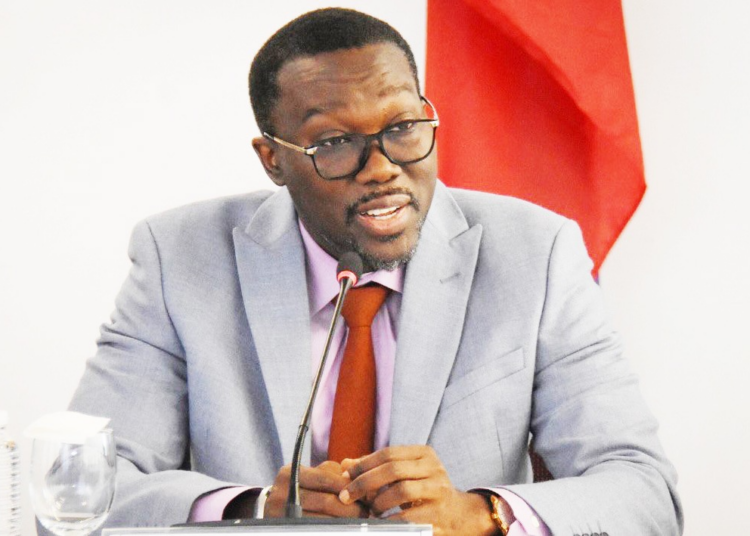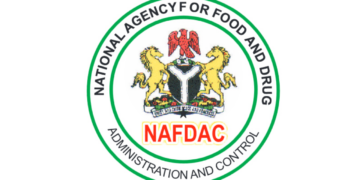The World Bank has announced the approval for three new projects with the funding sum of $1.57 billion in Nigeria.
In a statement released on Monday, the World Bank said the new funding will help the country tackle governance issues in education, healthcare, strengthening the primary healthcare services and boost resilience to climate change by improving dam safety and irrigation infrastructure.
The approval, made on September 26, 2024, highlights the World Bank’s commitment to strengthening Nigeria’s human capital and building resilience.
This financing package consisting of $1.5 billion loan and a $70 million grant to address climate challenges is part of broader initiatives aimed at enhancing key sectors like education, healthcare, and water management, while also addressing poverty and increasing productivity.
The $1.57 billion funding is distributed across three major projects.
The HOPE-GOV programme will receive $500 million to improve governance in the education and health sectors by addressing issues in financial and human resource management.
Another $570 million is allocated to the Primary Healthcare Provision Strengthening Programme (HOPE-PHC), which aims to enhance healthcare services, especially for women, children, and adolescents, while reducing maternal and child mortality rates.
The remaining $500 million will fund the Sustainable Power and Irrigation for Nigeria Project (SPIN), designed to mitigate climate challenges and improve irrigation and agricultural productivity.
The World Bank Country Director for Nigeria, Dr Ndiamé Diop in the statement, emphasised that investing in the health and education of Nigerians is crucial for improving future employment opportunities, productivity, and reducing poverty.
He added that the new financing will address the significant challenges faced by Nigerians, particularly women and girls, in accessing quality healthcare and services.
“Effective investment in the health and education of Nigerians today is central to increasing their future employment opportunities, productivity, and earnings, while reducing poverty of the most vulnerable. This new financing for human capital and primary healthcare will help to address the complex difficulties faced by Nigerians, especially women and girls around access and quality of services, but also the governance arrangements that also explain these difficulties.
“The SPIN programme is timely and will protect Nigerians from floods and droughts in the areas where it will be implemented, while enabling an increase in hydropower generation.
“The direct positive impact of this project on people and livelihoods is enormous, the World Bank is pleased to work with the government and other stakeholders to deliver this programme,” Diop said.






